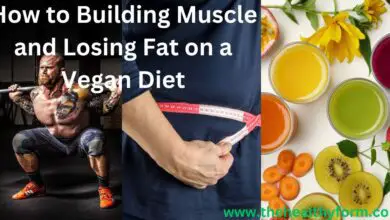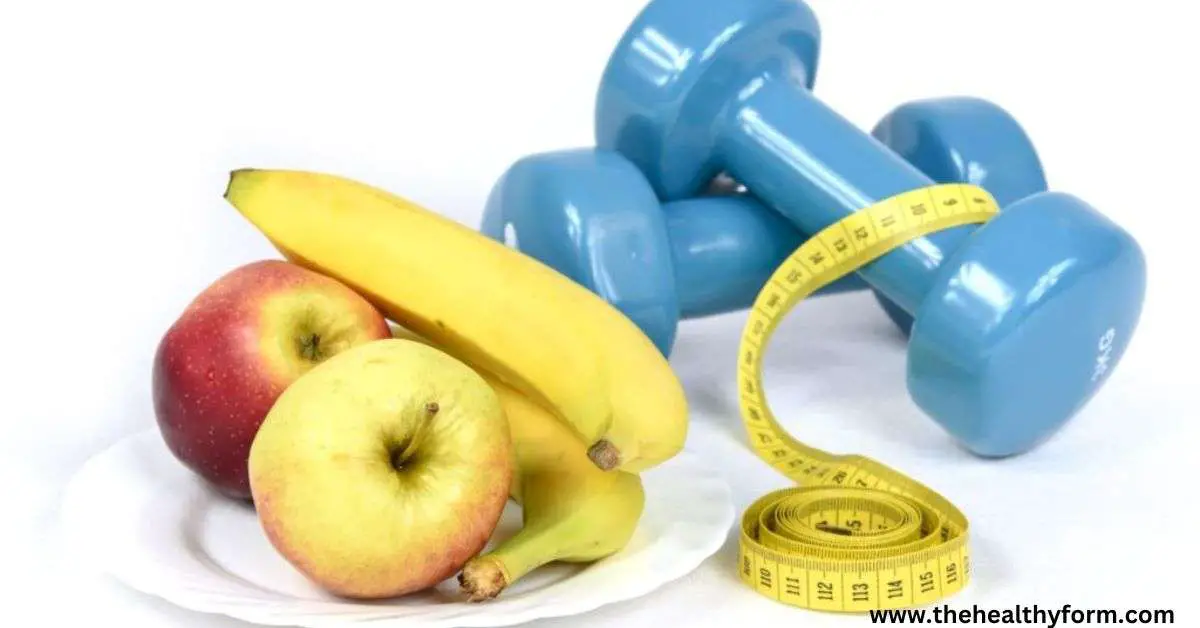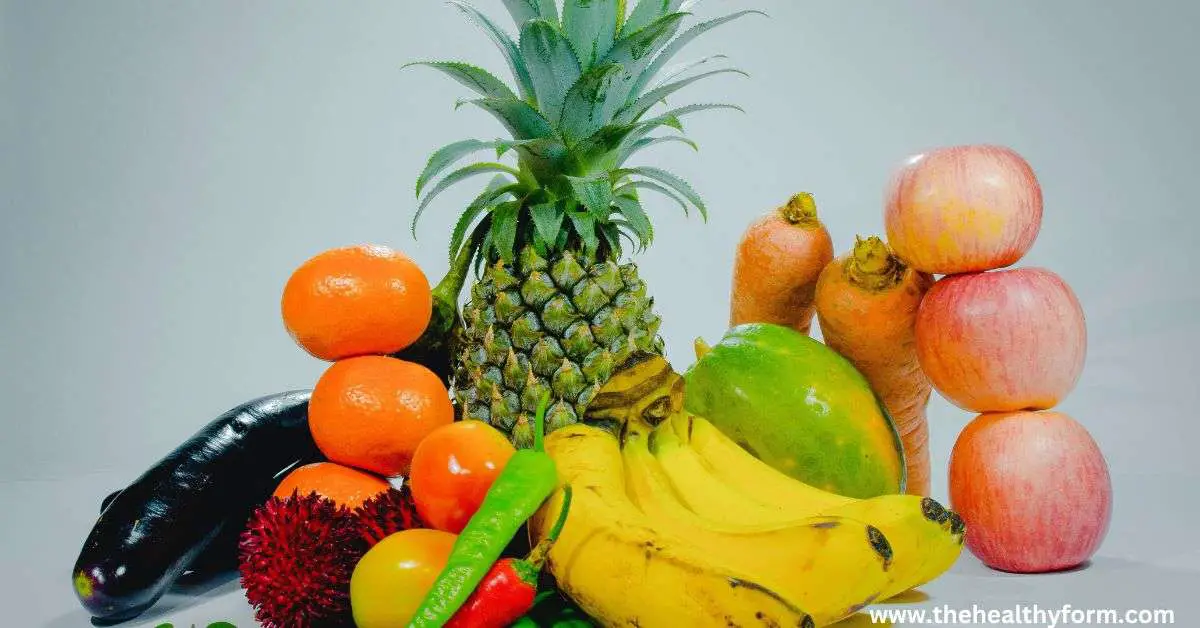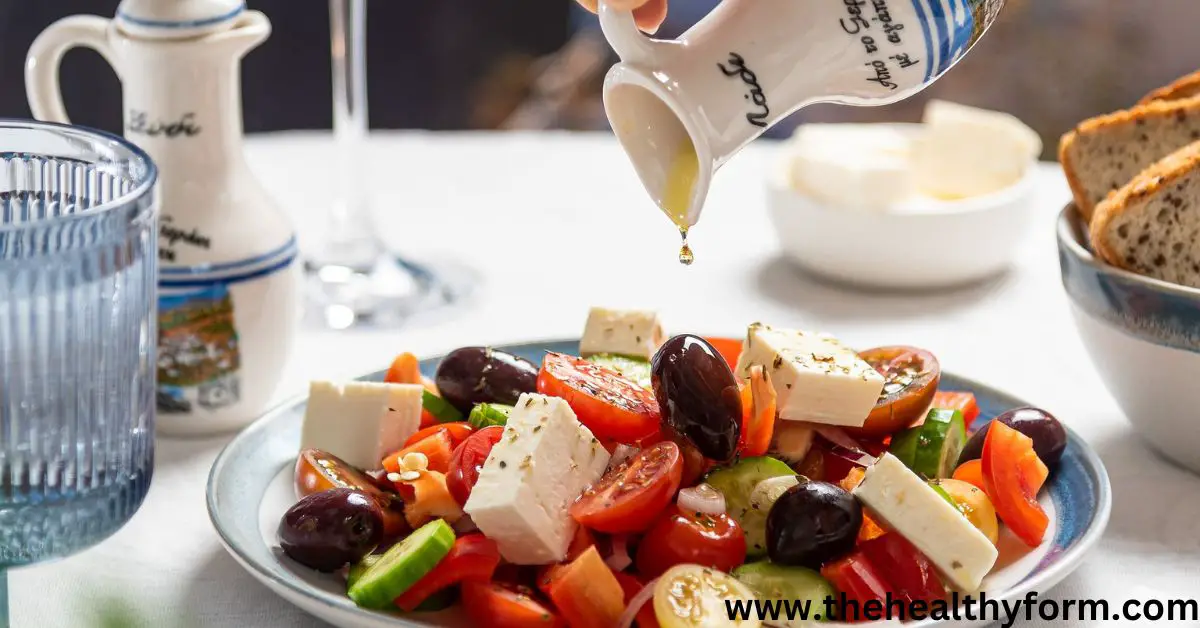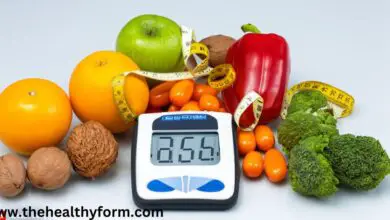What Vegan Foods Are High in Iron? A Complete Guide
If you’re curious about enhancing your iron intake on a vegan diet, you might be wondering, What vegan foods are high in iron? Thankfully, there are several plant-based options. As a vegan or vegetarian, you need to pay close attention to getting enough iron in your diet. Iron is essential for your body to function properly. Not consuming enough of this crucial mineral can lead to low iron levels in the blood, known as iron deficiency anemia.
The recommended daily intake of iron for most adults is 8 to 18 milligrams per day. While meat, poultry, and seafood are good sources of iron for omnivores, plant-based diets require a bit more effort to obtain adequate iron. The good news is that there are many vegan and vegetarian foods that are high in iron. Read on to discover a full list of iron-rich plant foods to add to your diet.
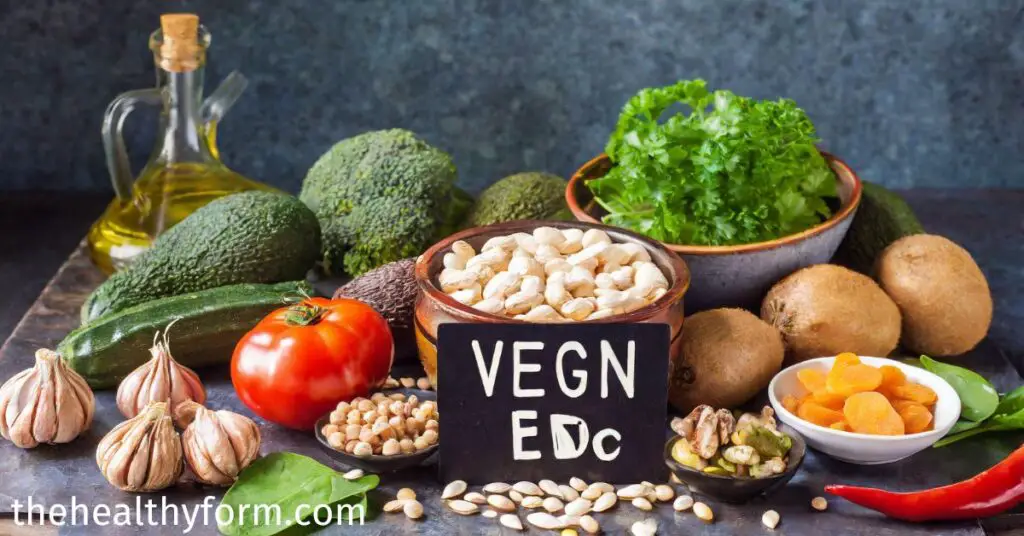
Why Iron Is Essential for Health
Iron is a crucial mineral for health and well-being. As a component of hemoglobin, the protein in red blood cells that carries oxygen from your lungs to transport it throughout your body, iron is essential for providing oxygen to your organs and tissues.
Without adequate iron, you may develop iron deficiency anemia. Symptoms include fatigue, shortness of breath, chest pain, cold hands and feet, and inability to concentrate. According to the National Institutes of Health, the recommended daily intake of iron for most adults is 8 to 18 milligrams. The amount varies based on age, sex, and health conditions.
Plant-based sources of iron include:
- Legumes: Lentils, chickpeas, beans, and tofu contain 3 to 6 milligrams of iron per half cup cooked.
- Nuts and seeds: Almonds, cashews, pumpkin, and sesame seeds have approximately 1 to 4 milligrams per ounce.
- Greens: Spinach, Swiss chard, and kale supply approximately 1 to 3 milligrams per half cup cooked.
- Grains: Quinoa, oatmeal, and fortified cereals contain 1 to 5 milligrams per half cup cooked or 1 ounce.
Consuming foods high in vitamin C, such as citrus fruits, broccoli, and bell peppers helps with the absorption of iron from plant-based sources. In some cases, an iron supplement may be necessary to meet your needs. Always check with your doctor before starting any supplement regimen.
With the right diet and possible supplementation, you can get adequate iron to support your health and well-being. Making sure this essential mineral is part of your daily routine is worth the effort.
Recommended Daily Iron Intake for Vegans
As a vegan, you need to consume nearly double the recommended daily intake of iron compared to non-vegans. The daily recommended intake for vegan men is 14 mg and for vegan women, it is 33 mg per day. Pregnant vegan women require even more iron at 27 mg per day.
Iron deficiency is common in vegans and vegetarians. Some signs of low iron include fatigue, dizziness, pale skin, chest pain, and difficulty concentrating. To ensure you get adequate iron in your diet, eat iron-rich vegan foods with each meal and snack.
Some of the best plant-based sources of iron include:
- Lentils, chickpeas, and beans which contain 3.3 to 6.6 mg of iron per cup, Have lentil soup, chickpea curry, or black bean burritos.
- Tofu contains approximately 6.6 mg of iron per half cup. Add tofu to stir-fries, salads, and noodle dishes.
- Spinach and Swiss chard contain 3.6 mg and 4 mg of iron per cooked cup respectively. Add to smoothies, pasta sauce, and lasagna.
- Quinoa and amaranth contain 4 mg and 5 mg of iron per cooked cup. Use as a side dish, or add to salads and breakfast bowls. half cup.
- Dried apricots contain 3.5 mg of iron per half cup. Snack on them or add them to oatmeal and trail mixes.
- Molasses has 3.5 mg of iron per tablespoon. Use it as a natural sweetener in baking add itadd to oatmeal and nut butter.
By consuming iron-rich foods with each meal and snack, vegans can meet and even exceed the daily recommended intake of this important mineral. Be sure to also eat foods high in vitamin C which helps with iron absorption, and avoid coffee and tea with meals which can inhibit absorption.
Best Plant-Based Sources of Iron
If you’re following a plant-based diet, you might wonder, what vegan foods are high in iron? Iron is essential for overall health, and there are plenty of vegan-friendly options to meet your iron needs. As a vegan, ensuring you consume adequate amounts of iron is essential for your health and well-being. The daily recommended intake of iron for most adults is 8 to 18 mg per day. The following foods are excellent sources of iron in a plant-based diet:
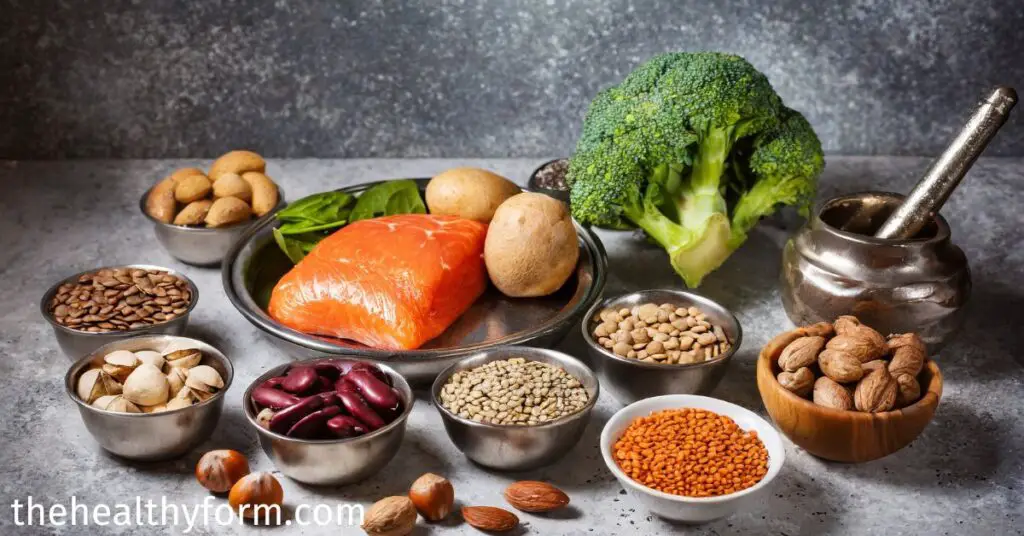
- Spinach – One cup of cooked spinach contains 3.6 mg of iron, which is 20% of the daily requirement. Spinach is a leafy green vegetable high in iron, in addition to folate, vitamin C and antioxidants.
- Fortified Cereals: Many vegan cereals are fortified with iron and can contain up to 18 mg per serving, which is 100% of the daily need. Opt for cereals with “iron-fortified” clearly stated on the ingredients list.
- Legumes: Beans, lentils and chickpeas contain 3 to 5 mg of iron per half cup. Legumes are also high in protein, fiber, and various minerals. Examples include kidney beans, lima beans, edamame, lentils and chickpeas.
- Tofu: Half a cup of firm tofu contains 3.4 mg of iron. Tofu is made from soy and is a popular plant-based protein source. In addition to iron, tofu provides manganese, selenium and magnesium.
- Seeds: Various seeds are good sources of iron, including pumpkin, sesame, hemp and chia seeds. Just 1 ounce of pumpkin and sesame seeds each provide 4 mg of iron. Seeds also supply healthy fats, protein and other minerals.
- Dried Fruits: Dried fruits like raisins, prunes and apricots have 2 to 3 mg of iron per half cup. They are naturally sweet and chewy while providing various nutrients like iron, potassium, antioxidants and boron. However, consume dried fruits in moderation due to their high sugar content.
These iron rich vegan foods in your daily meals can help ensure you meet your nutritional needs and maintain optimal health. Pairing iron-rich foods with a source of vitamin C, such as citrus fruits, bell peppers or broccoli, will further help with the absorption of iron in your diet.
The Role of Vitamin C for Iron Absorption
For your body to absorb iron from the foods you eat, vitamin C is essential. Vitamin C enhances iron absorption in the gut by converting iron into a form that is more readily absorbed by the intestinal lining.
Without adequate vitamin C, much of the iron you consume will pass through your body unused. As a vegan, you are at a higher risk of iron deficiency, so consuming vitamin C with your iron-rich meals is critical. The recommended daily intake of vitamin C for most adults is 65 to 90 milligrams per day.
Excellent sources of vitamin C include:
- Bell peppers – One cup of raw red bell peppers provides over 100% of your daily vitamin C needs. Bell peppers also provide vitamin A, folate and antioxidants.
- Broccoli – One cup of chopped broccoli has 100% of your daily vitamin C requirements. Broccoli is a nutritional powerhouse also high in vitamin K.
- Kale – One cup of raw kale leaves has 80% of your daily vitamin C. Kale is considered the most nutritious of all vegetables, high in vitamins A, K and antioxidants.
- Kiwi fruit – A single kiwi fruit has over 100% of your daily vitamin C. Kiwis also provide vitamin K, folate, antioxidants and potassium.
- Tomatoes – One medium raw tomato has about 30% of your daily vitamin C. Tomatoes provide lycopene, vitamin K, folate, antioxidants and potassium.
- Sweet potatoes – One medium-baked sweet potato provides about 50% of your daily vitamin C. Sweet potatoes are high in vitamin A, manganese, antioxidants, and anti-inflammatory nutrients.
Consuming vitamin C with your plant-based iron sources at each meal will help maximize your iron absorption and maintain healthy iron levels. Pairing iron- and vitamin C-rich foods is a simple step you can take to safeguard your health and energy as a vegan.
Meal Plan to Meet Iron Needs on a Vegan Diet
To meet your daily iron needs on a vegan diet, aim to consume iron-rich foods with each meal. The following meal plan provides approximately 18 mg of iron, the recommended daily amount for most adult women and men:
Breakfast
Fortified cereal with plant-based milk (1 cup fortified cereal with 1 cup plant-based milk): 11 mg of iron. Choose a cereal with 25% of the daily value of iron per serving. Add strawberries or bananas for extra nutrition.
Lunch
Black bean burger on a whole wheat bun, baked sweet potato, and spinach salad: 3mg of iron. The black beans, spinach, and potato provide non-heme iron, while the whole wheat bun adds iron and other minerals.
Dinner
Lentil soup (1 cup) with a side of quinoa (1/2 cup cooked) and steamed broccoli (1/2 cup): 3 mg of iron. Lentils, quinoa, and broccoli are all good plant-based sources of iron.
Snack
Hummus (2 tablespoons) and veggie sticks (1 cup): 1 mg of iron. Hummus provides non-heme iron, and veggies add nutrition.
Following this type of balanced meal plan with iron-rich foods at each meal and snacks in between can help you meet your daily iron needs on a vegan diet. Be sure to also consume foods high in vitamin C, such as citrus fruits and bell peppers, which aid in iron absorption. If needed, you may also want to consider an iron supplement to prevent deficiency but check with your doctor first, especially if pregnant.
Iron Rich Food Chart For Vegetarian
As a vegetarian, getting enough iron in your diet is essential for health and well-being. The daily recommended intake of iron for most adults is 8 to 18 mg per day. The following plant-based foods are excellent sources of iron:
- Beans and lentils: Black beans, kidney beans, and lentils contain 3.6 mg to 5 mg of iron per one-half cup cooked. Legumes provide iron along with fiber, protein, and various minerals.
- Tofu: Half a cup of firm tofu has 3.6 mg of iron. Tofu can be cooked in many of the same ways as meat and provides a healthy dose of iron, especially when consumed with a vitamin C-rich food which helps with absorption.
- Dark leafy greens: Cooked Swiss chard, spinach, and kale provide 3.6 mg to 4 mg of iron per half cup. Greens are highly nutritious, packed with vitamins A and K, and rich in antioxidants. For best iron absorption, pair greens with a source of vitamin C such as lemon juice or tomatoes.
- Quinoa: One cup of cooked quinoa has 2.8 mg of iron, as well as 8 grams of protein and 5 grams of fiber. Quinoa is a complete protein and contains all nine essential amino acids our bodies need.
- Chia and pumpkin seeds: Just 2 tablespoons of chia or pumpkin seeds have around 4 mg of iron. Seeds make a quick and easy snack, and provide healthy fats, fiber, and various minerals along with iron.
- Fortified cereals: Many vegetarian and vegan cereals are fortified with iron and provide up to 18 mg per serving. Check nutrition labels and choose a fortified cereal to boost your daily iron intake, especially if you are pregnant or menstruating.
In summary, consuming a variety of iron-rich plant foods in combination with a source of vitamin C at each meal can help ensure you get adequate amounts of this important mineral in your daily diet. Pairing iron-rich foods together in one meal improves absorption, so you can get the most benefit from the iron you consume.
FAQs about What Vegan Foods Are High in Iron?
Here are some common questions about what vegan foods are high in iron.
What are some vegan foods high in iron?
Vegan foods high in iron include lentils, chickpeas, tofu, spinach, quinoa, fortified cereals, pumpkin seeds, and beans like black beans and kidney beans.
Can I get enough iron on a vegan diet?
Yes, it’s possible to get enough iron on a vegan diet. By consuming a variety of iron-rich plant-based foods and being mindful of your dietary choices, you can meet your iron needs.
What are the symptoms of iron deficiency in vegans?
Symptoms of iron deficiency can include fatigue, weakness, pale skin, shortness of breath, and brittle nails. If you suspect iron deficiency, it’s crucial to consult a healthcare provider for proper diagnosis and guidance.
Conclusion
Iron is a vital nutrient, and for vegans, it’s important to know ‘What vegan foods are high in iron? This knowledge can lead to a well-balanced and iron-rich plant-based diet. As you have seen, there are many plant-based sources of iron that can help meet your daily needs.
Whether you choose lentils, spinach, Swiss chard, or blackstrap molasses, adding these iron-rich foods to your diet can boost your energy levels and support overall health and well-being. The key is to eat a variety of these foods every day and pair them with foods high in vitamin C to increase iron absorption. By following the recommendations in this article and consulting with your doctor, you can develop an iron-rich diet and maintain healthy iron levels for life.

